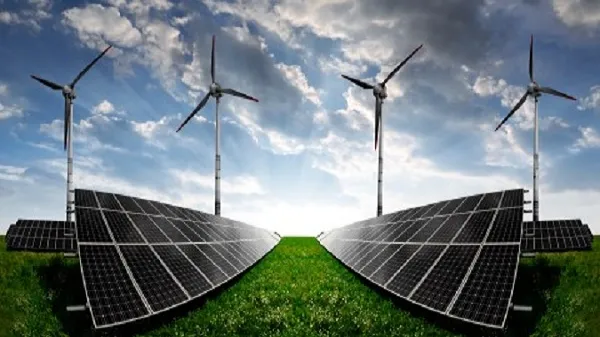
GWEC, GSC call for robust green taxonomy guidelines, accelerated projects permitting
This would speed up investment in renewables.
The Global Wind Energy Council (GWEC) and Global Solar Council (GSC) urged for the setting of robust guidelines on green taxonomy and accelerate permitting of grid-scale wind and solar projects to boost large-scale investment in renewable energy.
In a statement, GWEC and GSC said the two areas could be reformed in the short term so that investment signals will be better aligned with energy security, affordability, and climate goals.
“In addition to these areas, we acknowledge that investment in other enablers of system transformation will be needed to ease the energy crisis and meet net zero targets, such as grid and transmission infrastructure, energy storage, energy efficiency, and management of supply chain constraints,” they said.
READ MORE: Asia poised to be the largest offshore market by end-2022: GWEC
The two organisations said having a strong green taxonomy guidelines will ensure order for public and private investment in energy projects, as these are meant to enable financing for assets, projects and sectors supporting climate and sustainability goals.
Aside from investment screening, green taxonomies are also crucial in encouraging transparency of disclosures and keeping investments in line with science-based targets, amongst others.
“It should be crystal clear that non-renewable investments cannot be labelled green, and that allowing this will only exacerbate the link between fossil fuel supply/scarcity and price volatility in wholesale and retail power markets,” GWEC and GSC said.
It is also vital to speed up permitting process of grid-scale wind and solar projects as these can lower energy prices, encourage investment, foster economic growth by job reaction, and help attain climate goals.
They noted that there were nearly 1,000 gigawatts of onshore and offshore wind, and solar projects that be quickly constructed within the next three years if permitting and grid access were sped up.
“National governments should immediately conduct an assessment of shovel-ready wind and solar projects within their jurisdictions,” the statement read.
“At the same time, governments should employ executive powers to significantly accelerate permitting processes for renewable energy projects, fast-tracking enabling legislation where necessary and moving to simple, digital permitting systems,” it added.











 Advertise
Advertise











